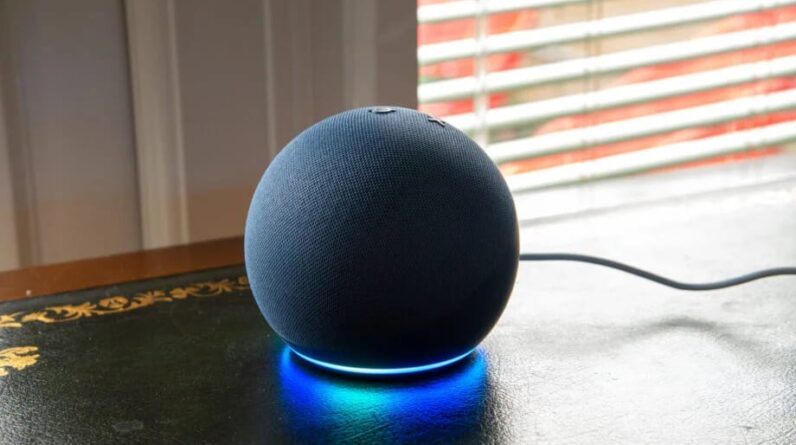

We’ve seen robot vacuum cleaners go from dumb devices that pinged randomly around our homes to those that can see and avoid obstacles, lift mopping cloths to prevent carpets from getting wet, and precisely map their environments. The last hurdle, as it were, was the ability to climb over challenging obstacles on the floor and even climb stairs.
The latter isn’t quite a reality yet, but the latest generation of robots launched at IFA 2024 in Berlin shows that the wait might not be as long as we think. The new models take the first steps towards being able to climb with lifting bodies.
Self-lifting
We’ve seen robots manage to wedge themselves on a high threshold or doormat, keeping their wheels off the floor. With the latest models that kind of thing shouldn’t be a problem.
The Shark PowerDetect Robot range for example has NeverStuck Technology, which allows it to raise and lower its chassis to move over obstacles, thresholds and other common traps.
A similar facility on the Roborock QRevo Curv, called AdaptiLift, lets the robot lift its chassis by up to 10mm, which is useful for cleaning deep carpets and rugs. As AdaptiLift can be selectively applied to the front, rear, left or right, it can also be used to get the robot unstuck and to climb over thresholds of up to 3cm.
In fact, the QRevo Curv can manage multi-step thresholds of up to 4cm, provided the first lift is 3cm or less. That’s the beginning of step climbing there.
Dreame Technology has its version, ProLeap. As you can see in the video below, ProLeap lets the robot lift its front end and then ‘hop’ up a step to the next level, allowing it to navigate to areas that would have been out of reach to other robot vacuum cleaners.
Full stair climbing isn’t mainstream yet
New lift technology gives robot vacuum cleaners the ability to enter some rooms and areas that they couldn’t reach a few months ago, but there aren’t any options that can fully climb stairs. The Migo Robotics Ascender, which was designed to do this, was launched in Kickstarter but the company has since said that it needs more time and resources to bring the product to fruition, and has refunded all backers while it seeks additional funding.
The real question is, do we need robot vacuum cleaners that can fully climb stairs? Although it seems straightforward at first, stairs are far from uniform: different widths, depths, and heights, not to mention curves, turns, and overhangs, make it challenging to create a robot vacuum that can combat all environments.
Plus, going up is only part of the challenge; safely doing the same in reverse is an entirely different prospect. Indeed, the new robots we’ve seen tend to drop down on the way back.
More reasonably, the big challenge is in individual steps, particularly in the UK. We’ve got a lot of old housing stock, including around 26 million Victorian-style homes. These often have the ground floor on two levels, with a step down into the kitchen.
These steps tend to be taller than the few centimetres that the new robots can handle. Further developments of lift technologies could, it would seem, allow robots to tackle this kind of obstacle, freeing them to clean a floor in one go.
This feels like a reasonable next goal to aim for, as carrying a robot once upstairs to clean a separate floor in one sitting isn’t much of a chore.
With the raft of announcements at IFA, it’s clear that the manufacturers are getting better at making their robots more versatile, and we’ve taken the first steps towards vacuum cleaners that can climb the taller steps many of us have in our homes. Watch this space.






